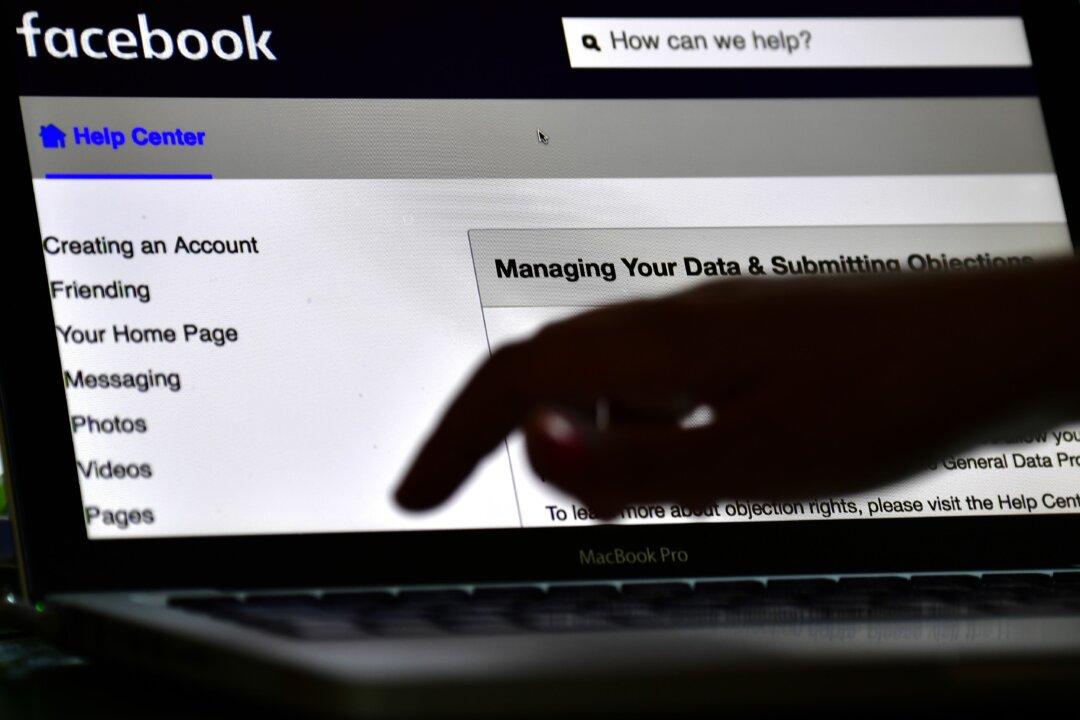Commentary
Because of widely expected action by the Federal Trade Commission (FTC), Facebook, for the first time, will receive something more than a slap on the wrist for violating its user privacy agreement.

Because of widely expected action by the Federal Trade Commission (FTC), Facebook, for the first time, will receive something more than a slap on the wrist for violating its user privacy agreement.